CHITTAGONG, May 4 (V7N)- Chief Justice Dr. Syed Refaat Ahmed announced today that the establishment of a separate judicial secretariat under the Supreme Court is in its final stages. He stated that this independent secretariat will be crucial in ensuring the complete administrative autonomy of the Supreme Court and will serve as a fundamental element in the ongoing judicial reforms.
The Chief Justice made these remarks while addressing a seminar titled ‘Reimaging the Future of Justice’ held at Chittagong University (CU) campus. The seminar was jointly organized by the Law Faculty of Chittagong University and the AK Khan Foundation, according to a press release from the Supreme Court. He emphasized that this initiative is a "cornerstone" in achieving full administrative independence for the judiciary and marks a significant step forward in the broader judicial reform process he has outlined.
Professor Muhammad Yahia Akhtar, the Vice Chancellor of Chittagong University, graced the seminar as the guest of honor, while Professor Dr. M. Zafrullah Talukder, the dean of the Law Faculty, presided over the event. Chief Justice Dr. Ahmed recalled announcing the judicial reform roadmap on September 21, 2024, which focuses on three key objectives: judicial independence, administrative autonomy, and procedural efficiency. As part of this roadmap, he highlighted the establishment of the Supreme Judicial Appointment Council and the Supreme Judicial Council, both independent constitutional bodies free from executive and legislative interference, possessing exclusive authority over the appointment and removal of higher judiciary judges.
Furthermore, the Chief Justice mentioned that a comprehensive policy regarding the transfer and posting of judges nationwide has been submitted to the government to ensure transparency, fairness, and consistency. He also detailed several recent initiatives undertaken by his office, including the launch of helpline services for litigants, the introduction of a paper-free company bench, the implementation of a digital requisition system within the Supreme Court, the activation of a case tracking dashboard, and the updating of long-outdated personal records of judges. He also noted that proposals for the creation of specialized courts, such as child courts and electricity courts, are currently under government consideration, with the establishment of specialized commercial courts at the district level being a key development aimed at swiftly resolving business disputes, an initiative that has garnered keen interest and potential support from the European Union.
Concluding his address, Chief Justice Dr. Ahmed emphasized that these efforts are part of a larger "constitutional renaissance" intended to restore the dignity and independence of the judiciary. He asserted that sustainable reform in any sector is impossible without judicial independence, highlighting the judiciary as the "only fully functioning constitutional institution" in the country. He also spoke about his nationwide visits to promote the reform agenda, engaging with judges and lawyers at the district level to encourage their participation. He noted that development partners such as UNDP, the United Kingdom, the European Union, and Sweden have expressed their willingness to provide strong policy support for the implementation of these reforms.
END/MSS/RH/



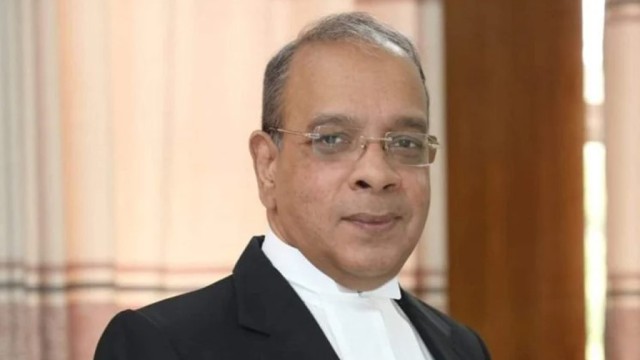
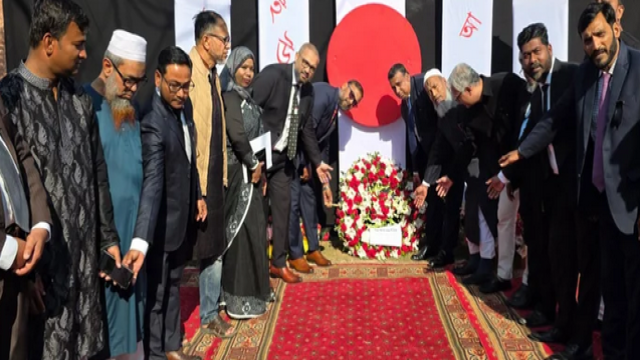
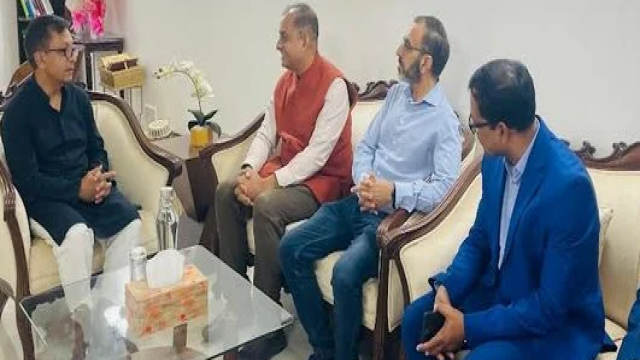



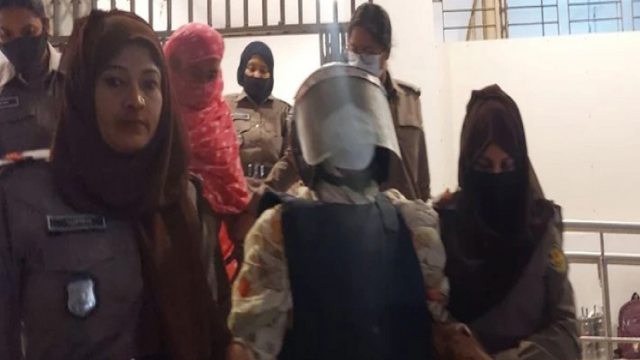


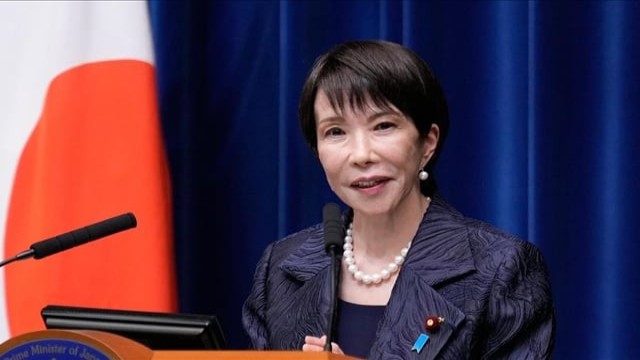




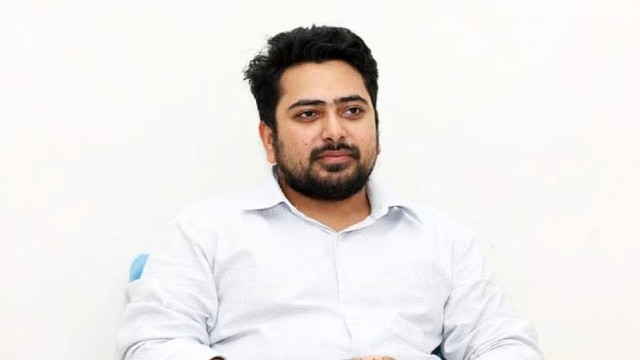







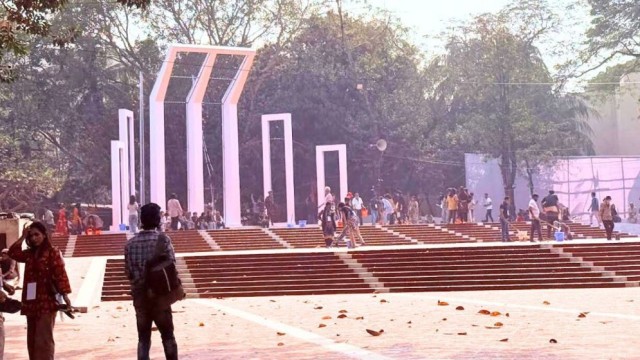
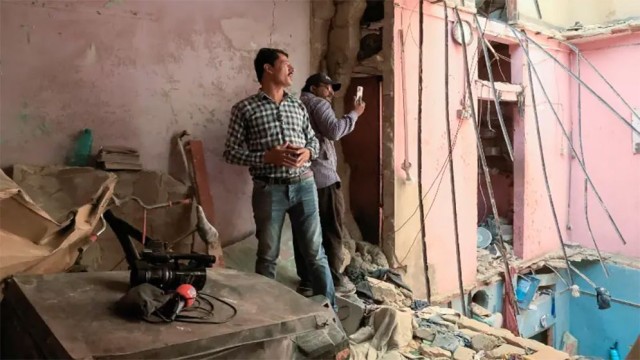

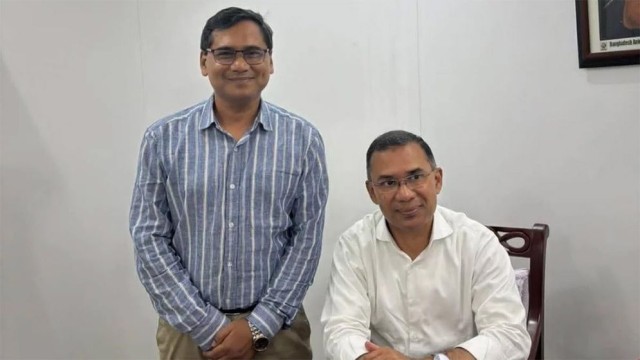

Comment: